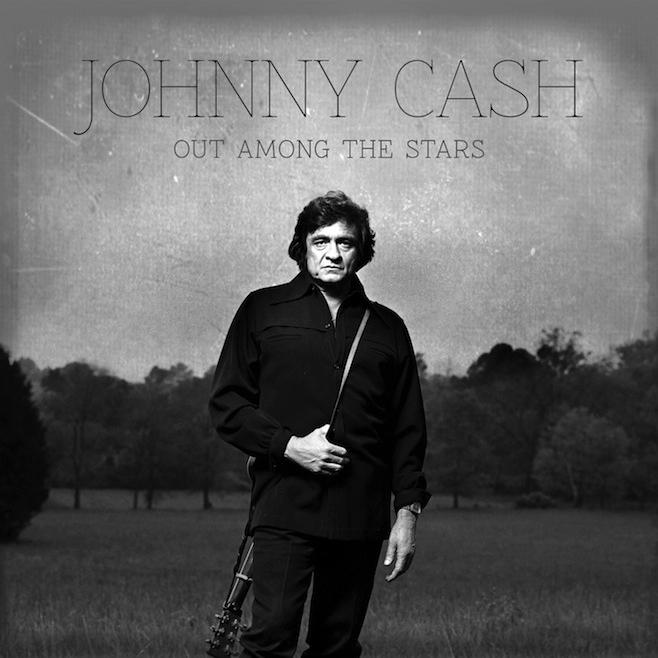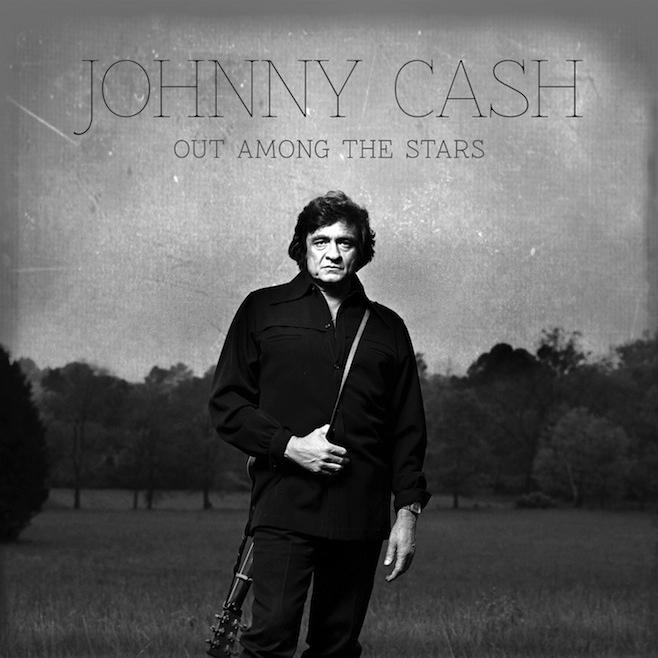From the popular music perspective, Johnny Cash was cool, then he was uncool. Now, he’s cool again.
With a foundation of country western and rockabilly, Cash’s crossover style also delved into blues, folk and gospel music. Those roots placed him among mainstream artists such as Elvis Presley and Jerry Lee Lewis during the formative years of rock and roll in the 1950s, but he was relegated to the country genre after the British Invasion of the early 60s and the morphing of rock into various subgenres such as psychedelic, hard rock and metal in the 70s and 80s.
Nevertheless, Cash penned more than 1,000 songs during his 50-year career; recorded dozens of studio albums; was inducted into the Country Music, Rock and Roll, Songwriters, Rockabilly and Gospel Music Halls of Fame; and received nearly 20 Grammy Awards. The music icon died in 2003.
“By the mid 80s, Johnny had long since passed into the ‘Las Vegas’ portion of his career,” said a one-time chief financial officer of Columbia Records who wished to remain anonymous. “He was still very popular and sold out his live gigs, but he just didn’t sell records. Johnny’s old stuff still sold, but not his new music. It happens to all of them — Springsteen, McCartney, Elvis.”
Cash made a handful of albums in the 1980s, but none reached higher than 24 on the Billboard charts, so Columbia Records invested time and energy in other artists, and eventually terminated his contract in 1986.
“Columbia Records had lost interest in Johnny Cash at the time … they didn’t know what to do with him,” said his son, John Carter Cash, in an interview with Billboard magazine. “And when I listened to these tracks, it showed the lack of sincere interest that was there — some of these tracks didn’t have guitar solos.”
Two of the tracks on “Out Among the Stars” (released March 25) were originally recorded by Cash and renowned Nashville producer Billy Sherrill in 1981, while the remaining 10 were recorded by the pair in 1984. These never-released recordings remained in the storage vaults of Columbia Records for the last 30 years.
With the help of Rick Rubin (Cash’s producer from the early 1990s) Carter Cash drafted Marty Stuart (the guitar-mandolin player from the original recording), Buddy Miller on baritone guitar and Barry Douglas on pedal steel guitar and dobro guitar to finish the incomplete tracks.
“The result is an authentically live, vintage-sounding classic country album — one that didn’t fit in with the pop-crossover sound Nashville was experiencing at the time, but still finds Cash at his most refreshed,” wrote Andrew Hampp in Billboard on March 25.
Fans of traditional country western and country pickin’ will enjoy “Out Among the Stars” since there are several standout tracks and solos on guitar, dobro guitar and pedal steel guitar.
“Baby Ride Easy,” a duet with June Carter Cash, has a fast two-step rhythm and is considered by Carter Cash to be as powerful as “Jackson,” the couple’s signature duet that was featured in the film “Walk the Line” (2005).
Reminiscent of a show tune, “After All” is a country waltz that demonstrates Cash’s full vocal range. There is considerable conviction in his voice as the guitar and piano weave seamless patterns with the beautiful melody.
Cash’s longtime friend Waylon Jennings shares the lead vocals on “I’m Movin’ On,” a song made famous by Hank Williams. This arrangement features a classic “train time” drum line.
“Call Your Mother” is a medium-fast two-step written by Cash. It’s a simple song, but it reveals Cash’s strong family values.
The album concludes with “I Came to Believe,” another Cash original. It’s a medium-fast country waltz with accompanying piano that captures the tranquility of a murmuring brook.
Cash was still part of Columbia Records when he recorded these tracks in the early 80s. The combination of song selection, composition and personnel indicates he intended them to appear on a future album, but it is doubtful he anticipated a 30-year wait before its release.
“Johnny Cash was a true legend in the business,” said the former Columbia CFO. “The people who ran Columbia felt very connected to a few key artists, and prying those artists loose was always a big deal. People like Johnny Cash, Bob Dylan and Willie Nelson defined the label, much like the Beatles defined Capitol and Elvis defined RCA.”





![[Both photos courtesy of sonoma.edu]
Ming-Ting Mike Lee stepped in as the new SSU president following Sakakis resignation in July 2022](https://sonomastatestar.com/wp-content/uploads/2024/04/CC4520AB-22A7-41B2-9F6F-2A2D5F76A28C-1200x1200.jpeg)



























